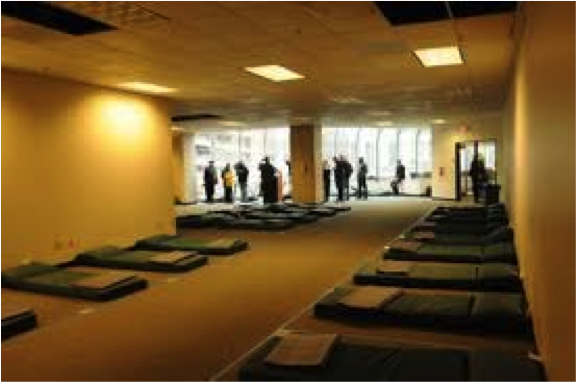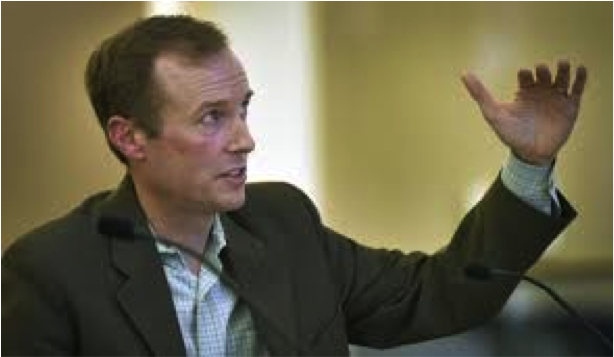A Discussion of Homeless Issues with
|
A Home for Everyone is a community-wide effort to house homeless Multnomah County citizens by making smart investments in the areas of housing, income, survival, emergency services, health, access to services and systems coordination. Key partners in the effort include Multnomah County, the City of Portland, the City of Gresham, Home Forward, local nonprofits and members of the public.
|


